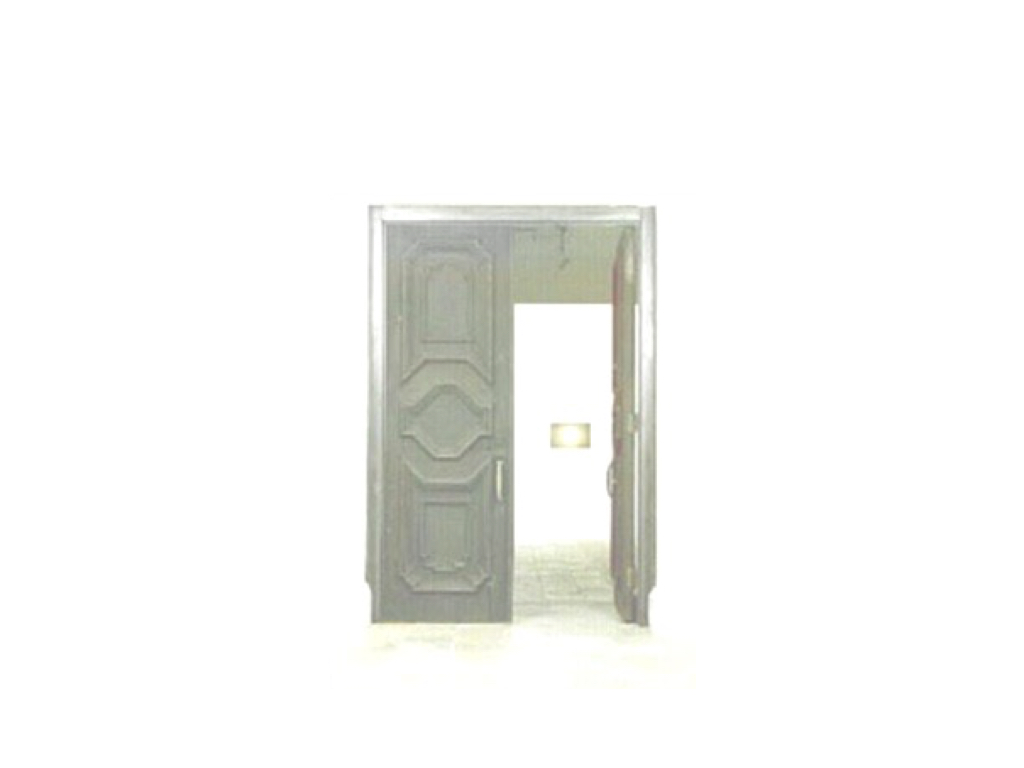“Creative Evolution: A Theory of Cultural Sustainability,”
forthcoming in Communications, Politics and Culture. Dactyl Foundation is please to award Wendy Wheeler this year for her essay which helps to bring the sciences back into the arts.
‘Under the name of something called postmodernism, or of a condition called postmodernity, the idea of the artist as someone possibly doing something special has been derided as romantic, and the lyric ‘I’ as merely the romanticised voice of the bourgeois individual. In a not dissimilar key, the idea of the preservation of traditions has too often been seen asnostalgic and anti-progressive. The romantic, for all his or her initial enthusiasm for the modern revolutionary gesture, is seen eventually as a sort of conservative failure of the revolutionary spirit – one who comes to see the radicalism of modernity as hostile to an organicist view. In this view, the preserver of traditions is the more frank conservative; but both are, in the end, anti-progressives.
“If you take the view – as I do, and will go on to argue from a biosemiotic perspective – that culture is natural and evolutionary, and that ideas are cultural organisms much like natural organisms, you might expect that these late modern cultural confusions will exert evolutionary pressures manifested in the production of new organism-ideas. Biosemiotics, I want to suggest, is precisely such a new evolutionary development. It derives – as all new organic and evolutionary forms do – from new recombinations of older, or antecedent, forms. What evolution teaches us is that nothing comes from nothing. So if we take ecology, which is to say evolutionary theory, seriously, then we must take cultural ecology and evolution seriously too. The second grows from the first….’
Wendy is a reader in English at London Metropolitan University. Copies of the essay will be available upon request.

